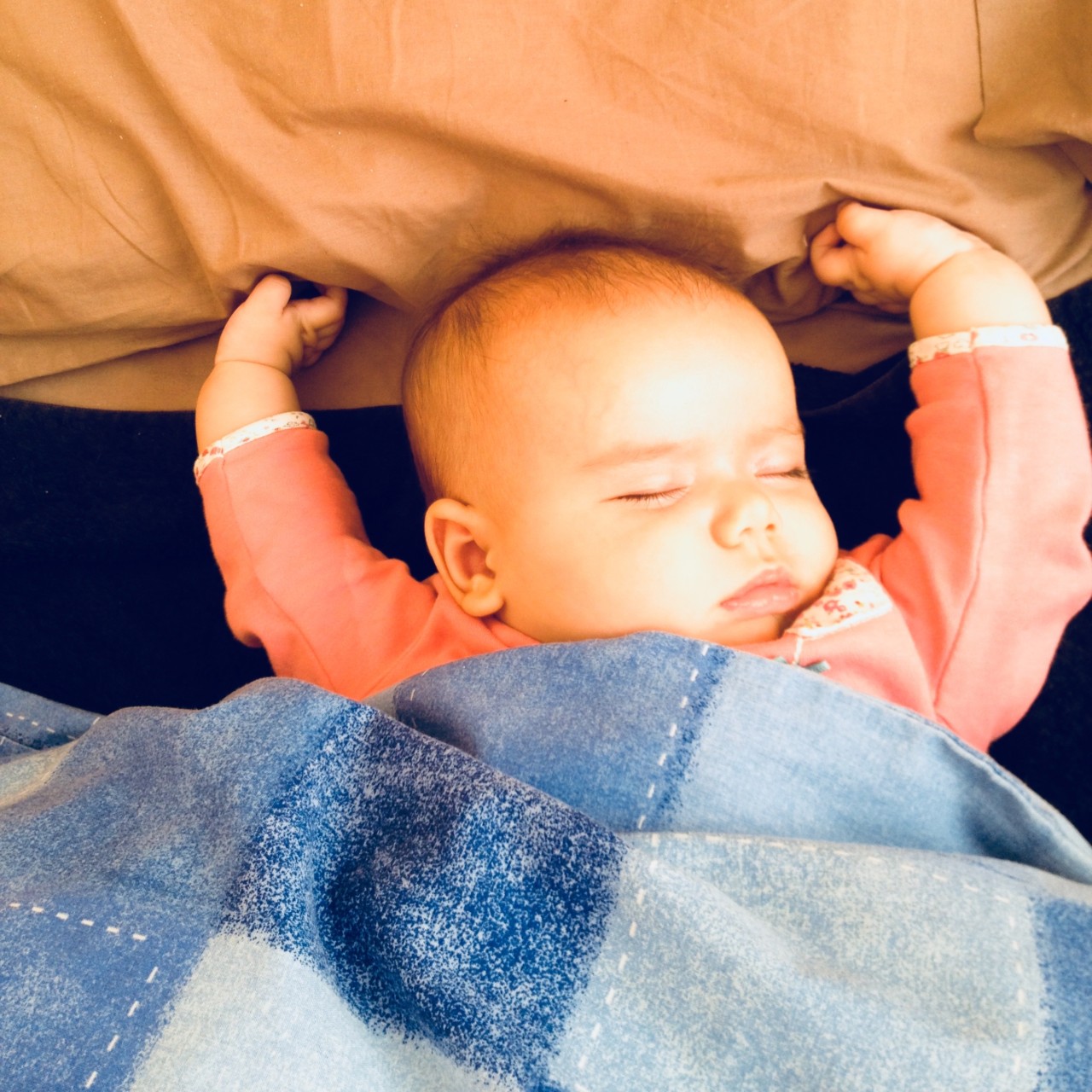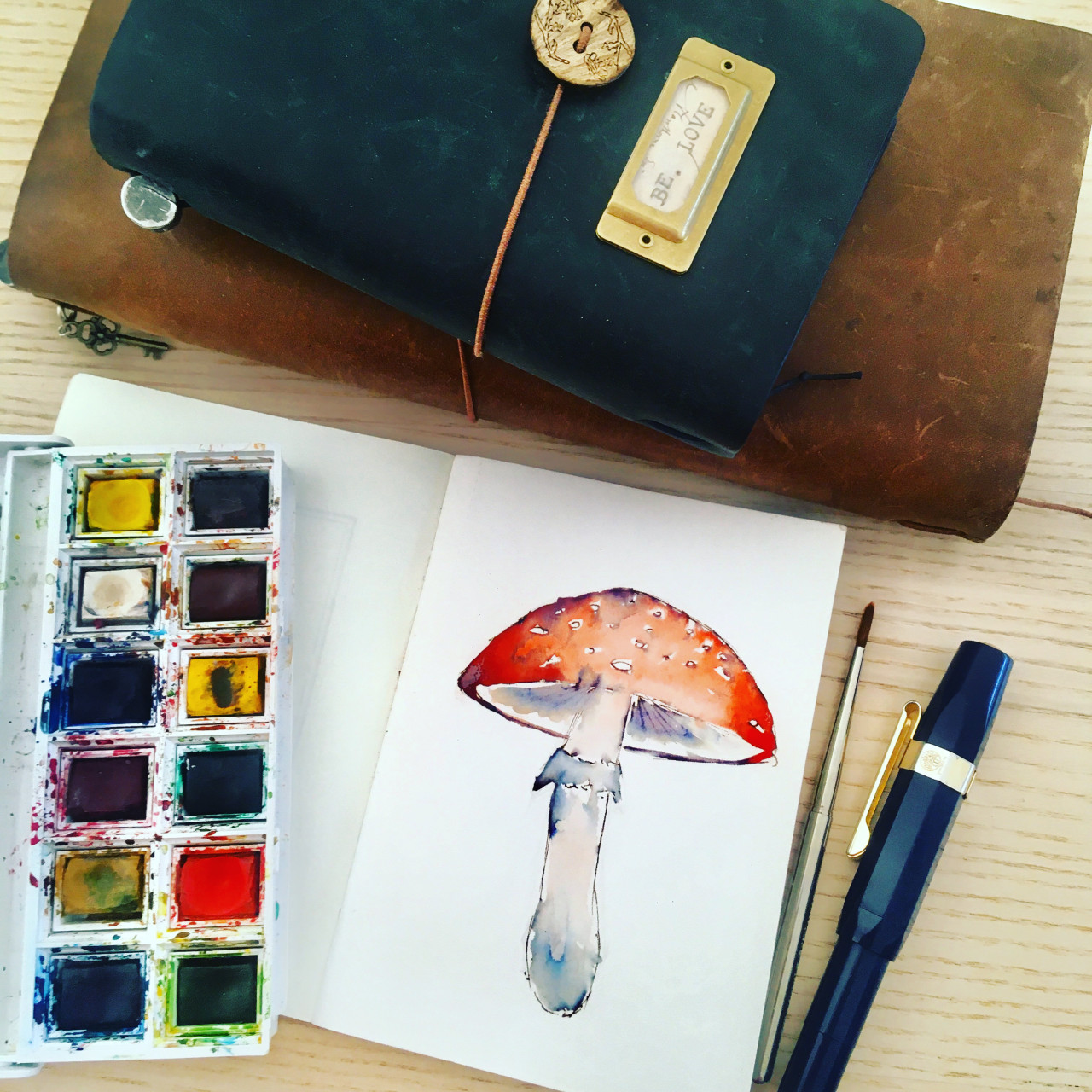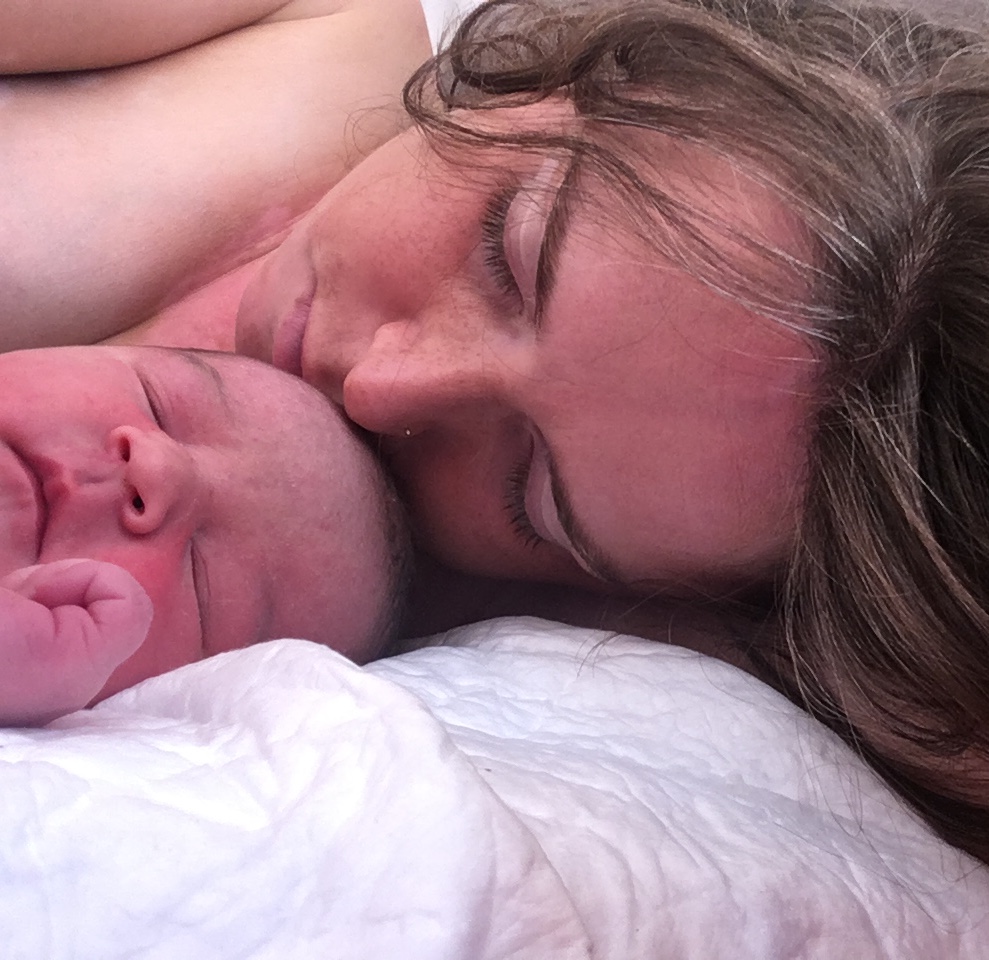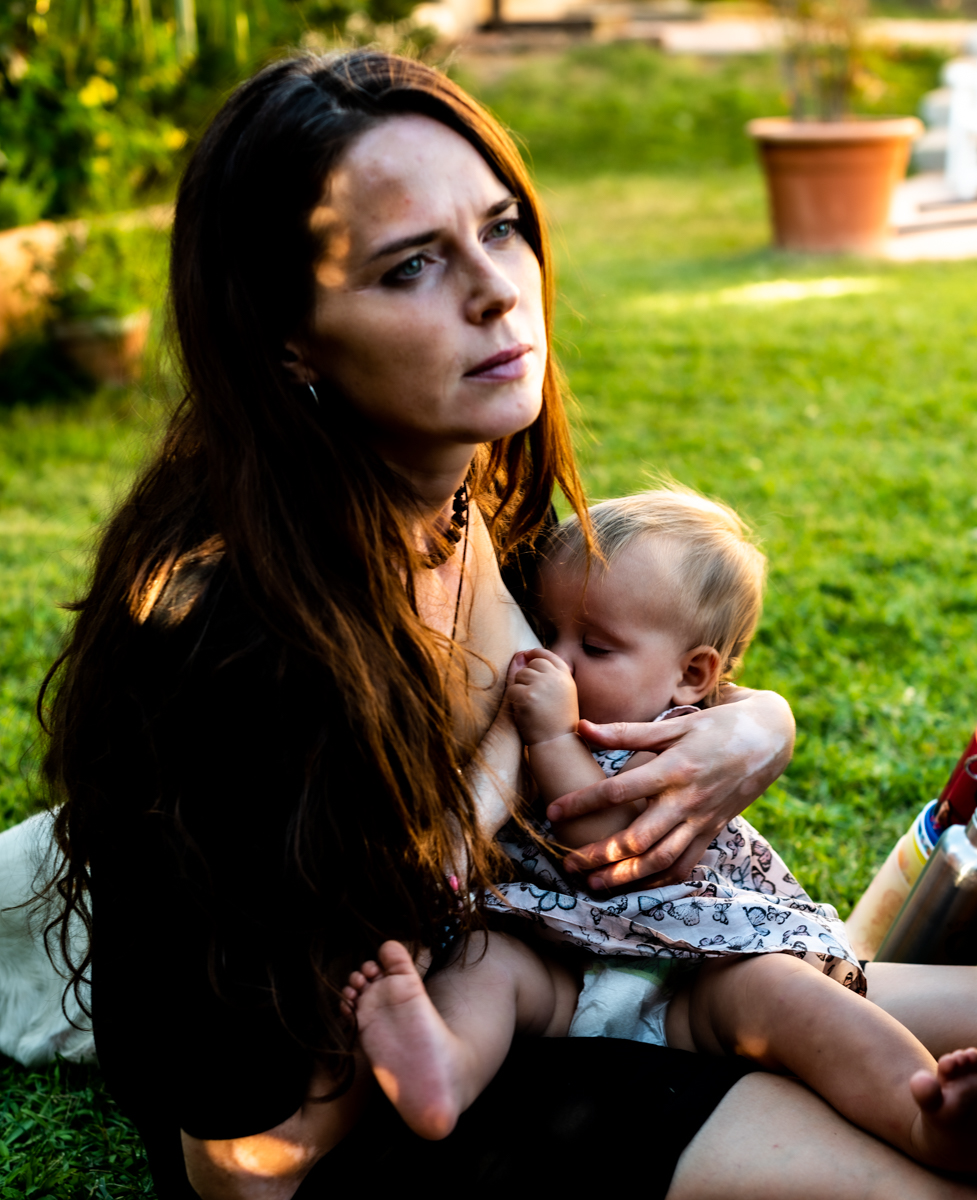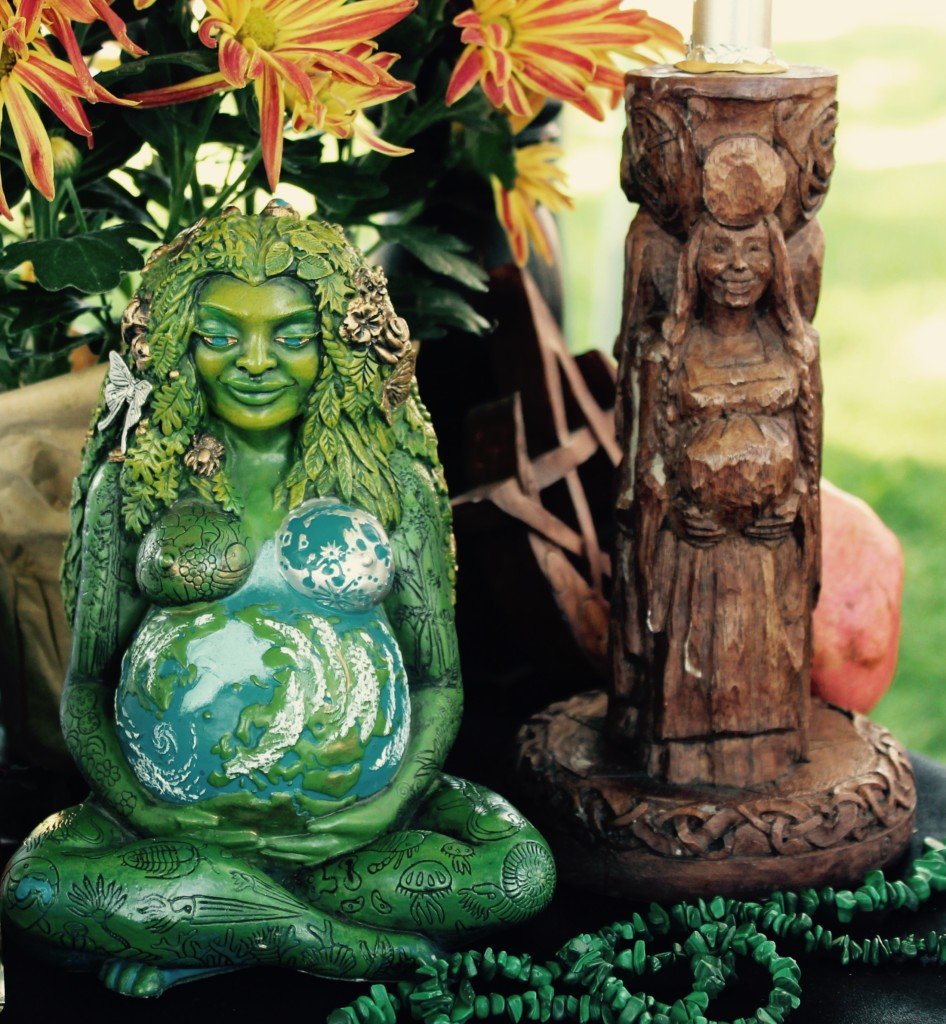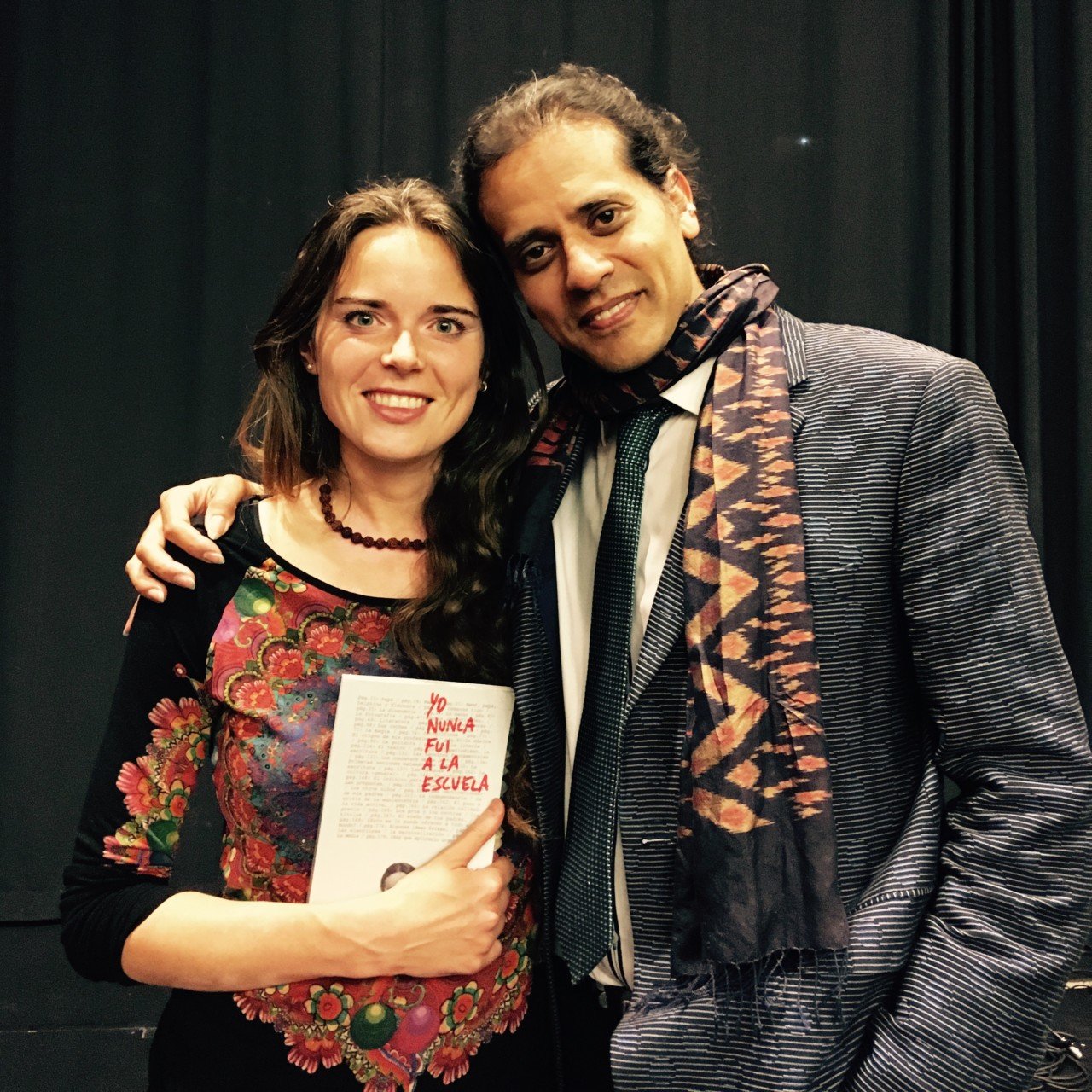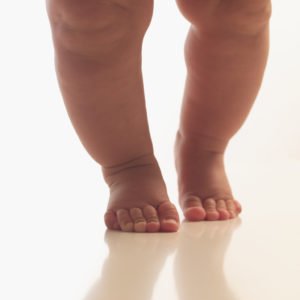
Many parents say that one of the most memorable moments from the early years of raising children is the day when they make their first steps. Of course there are a lot of important development milestones but there is something quite magical about those first moments on two tiny feet that mark the start of our journey on this planet. And so it happened to us! Last week while we were on holidays in Portugal, we held our breath while our baby daughter Leila – just a couple of weeks short of her first birthday – made her first steps.
The next morning, as I was the only one hungry, I was going to have breakfast on my own. While waiting to be seated, my attention got caught by hearing a mom and her daughter speaking in Lithuanian. Ever since my world travelling days, it’s a habit of mine that I cannot resist – I have to say hello to my fellow Lithuanians. I just find it so amazing that here we are from such a small country meeting in the big wide world. I have met some of my favourite Lithuanians this way. We exchanged a couple of polite phrases with the mom and, upon noticing that I was about to have breakfast on my own, she invited me over to their table.
We chatted along about their life in New York and the prestigious school that the girl was attending. About how important it was for them to fill up her holidays with activities – private horse-back riding lessons in Austria, golf and surfing in Portugal, sport camps in Spain. The mom felt that she knew her daughter very well and that she had to be strict with her to make sure she succeeded among the steep competition of New York adolescents. She openly shared that her life was becoming increasingly sad as she felt the daughter was more grown up and needed her less – she felt at loss at what to do with her own life after dedicating 11 years to exclusively being with her daughter. We chatted on and I politely nodded along completely fascinated by the insights to this unfamiliar world of luxurious living.
When she asked me about Leila, I excitedly shared our latest news – my baby girl had made her first steps! And then she made a comment that I knew I could not nod along to. “You are going to have a sore back. It’s a hard job when they start walking, as you need to keep walking around bent over holding them by their hands!” I laughed and replied to her that it was not going to happen because we had no plans to bend over or hold my daughter up by her hands while she walks. When she was ready to walk – she would walk, it was just that simple. My breakfast companion shook her head and explained that was impossible and that I could not expect babies not to want to walk once they had tried it with the help of the adults. And my response was again the same – we would not be helping her try out walking. When she is ready to walk, she’ll walk. With our teas finished and a few polite comments later, our paths parted to most likely never cross again.
A few hours later to my greatest delight this article showed up on my Facebook timeline as if by complete chance (although it was just a simple confirmation of what we already knew) – 9 Reasons Not to Walk Your Baby by Janet Lansbury. I count among the greatest information treasures discovered in the first few months of motherhood the day when my friend lent me her copies of two books by Janet – Elevating Child Care, and No Bad Kids: Toddler Discipline Without Shame. I read both books in complete disbelief – how come this was not common knowledge? Why did it feel like such a huge shift in perception when it made so much sense?
Janet Lansbury’s respectful approach to parenting is based on the ideas of Magda Gerber, the founder of RIE (Resources for Infant Educarers), and Magda’s mentor pediatrician Emmi Pikler. The key corner stone of the ideas of this long line of inspired women is the notion that babies are born as full people with phenomenal abilities and deserve our respect. It calls for authentic communication, without any need to “dumb down” or use special words. Babies are invited to be part of all their caring activities and rituals, during which they are attended with full attention. Play and movement should be as free and as uninterrupted as possible, to allow the babies to develop at their pace and time (this includes no belly time, sitting time or walking time – unless the baby him or herself can actually do it unassisted). The approach calls to allow children to be intrinsically motivated, rather than dependent on praise. Babies and children are encouraged to express their emotions and the parents’ task is to openly accept and acknowledge. It seeks to promote setting clear and confident boundaries without shaming, distractions, punishing and time outs. Babies and children are trusted to solve their own age-appropriate problems and conflicts. And finally, it goes back to calling parents to become aware of what and how they are modelling to kids – because ultimately, this is what they learn from the most.
I will be forever grateful to my friend and to Janet that these books came to my awareness at the time when my daughter was still a baby and we could apply so much of the wisdom shared in them.
Every baby moves with more ease and efficiency if allowed to do it at his own time and in his own way, without our trying to teach him. A child who has always been allowed to move freely develops not only an agile body but also good judgment about what he can and cannot do. (…) If infants are ready to do something, they will do it. In fact, when they are ready, they have to do it.
Magda Gerber
And what do you know… here is our proof that it’s actually true.
Tags: conscious parenting Janet Lansbury natural baby development video

